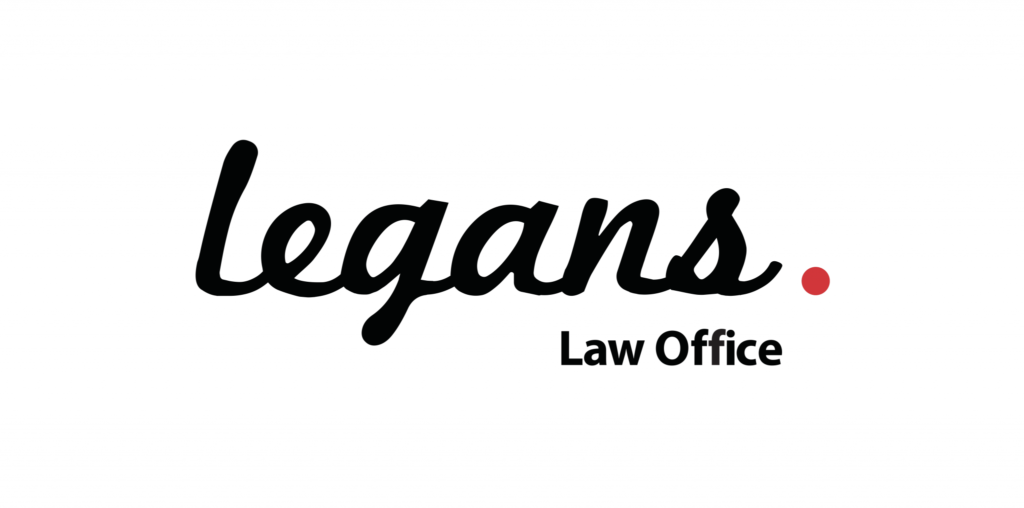- Posted on
How to Become a Citizen of the Czech Republic

Becoming a Citizen of the Czech Republic has many benefits, which have proven to be highly attractive to expats looking to start a new life abroad, as there are roughly 460,000 registered foreigners living in the Czech Republic. Apart from being able to call this beautiful country your “home” and having access to Czech healthcare, education, social systems, and the labour market, obtaining Czech Citizenship means that you officially become a member of the European Union and a Schengen state, allowing you to travel visa-free to 183 countries. Pretty great, right? Well, now that we’ve covered the benefits of becoming a Czech Citizen, let’s dive into the “how,” which, as you can imagine, gets pretty complicated.
Simply speaking, Czech Citizenship law is quite complex, so having someone on your side who understands it, and can speak the Czech language, like Legans Law Office, is a BIG plus. But, if you’re up for the challenge and are looking to apply for Czech Citizenship on your own, as a general rule, you need to have at least one parent who is a Czech citizen or holds a Residency Permit to become a Czech citizen yourself. If this is not the case, you may apply for naturalization.
Citizenship by Naturalisation
For both EU citizens and citizens of countries outside the EU, you can apply for Czech Citizenship after ten years of continuous residing in the Czech republic. Alternatively, you are eligible to apply for Citizenship by naturalization if you have held a permanent residency permit for at least five years and lived here for most of that time. If your spouse is a Czech citizen and legally recognized in the country, you can apply for citizenship after being resident in the Czech Republic for two years.
Additional to the requirements listed above, you need to:
- prove that you are going to give up your current Citizenship
- take a Czech language exam (which we will touch on later in the article)
- provide a criminal history record stating that you do not have a criminal record within the last five years
Once completed, you need to submit the application to the Ministry of the Interior in your district. If your citizenship is approved, you will then receive a certificate in the mail, and congratulations, jsi český občan!
Although the situation described above is the most common, there a few exceptions which do not require you to have a Residency Permit in the Czech Republic before applying for Citizenship, however, in all cases, you will have to forfeit your current citizenship, prove your Czech proficiency, and provide a clean criminal history.
The exceptions are as follows:
- You were born in the Czech Republic
- You’ve lived in the Czech Republic for at least ten years, without interruption
- You’ve been adopted by a Czech national
- You have been a Czech citizen before
- You have Czech children
- You have at least one Czech parent
- You’re officially acknowledged as a refugee in the Czech Republic
Czech Language Proficiency Test
As of the 1st January 2021, an amendment to the Citizenship Law of the Czech Republic requires foreigners wishing to obtain Czech Citizenship to demonstrate, on top of their knowledge of the Czech language at a B1 level, an understanding of the basic facts about the Czech Republic via a Czech Life and Institutions Exam.
Given that the language test requires a B1 level, if you can follow short texts in Czech and have the background knowledge, you will have a fair chance of understanding the questions. Whether you answer correctly is another thing. The actual test contains 30 questions. You need 60% or 18 correct answers to pass. Have no fear; if you do not pass the test the first time, you have unlimited opportunities to try again.
And there you have it, the Czech Citizen application process in a nutshell. However, as you’ve probably concluded, there are many steps and requirements involved in the process. Hence, unfortunately, it does not mean that we have covered all possible situations because each client and case is different. If you have any questions or require further knowledge regarding the application process or would like a reliable law firm to handle everything for you (and trust us, you probably do), reach out to Legans anytime.
Article by Chantelle Switzer Tuma




